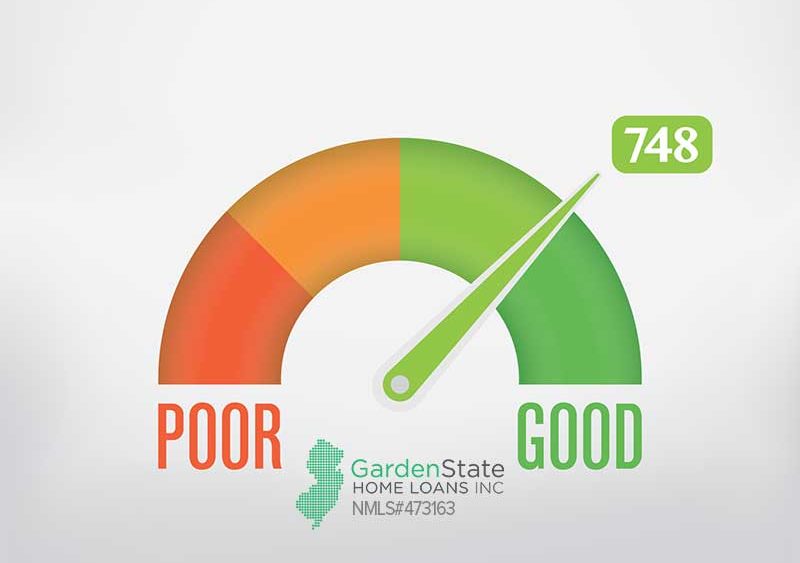 Factors that Affect Your Credit Score
Factors that Affect Your Credit Score
A credit score is a number that represents the creditworthiness of a person and the likelihood of that person paying back their debts. It is predictive of risk, has made credit more widely available to consumers, and has lowered the cost for lenders, financial institutions, and similar providers. A credit score is primarily based on a statistical analysis of a person’s credit report information, typically from three major credit bureaus.
1. Payment History
Once credit has been established, your credit score is based on five key factors. Firstly, payment history makes up 35% of your score. It is essential that all your bills get paid on time. Every thirty days that you are late to paying bills, your credit score is negatively impacted.
2. Debt-to-income Ratio
Another factor to note is your debt-to-income ratio: the amount you owe compared to balances. This makes up 30% of your credit score. The available credit you have should be 40% or less that of your available balances.
3. Length of Credit History
Next, the length of your credit history makes up 15% of your credit score. The longer your accounts are open, the more positive impact it will have on your credit score. For example, if you have a card that is over ten years old, even if it has little activity, you should keep that card open.
4. Credit Mix
A mix of credit makes up 10% of your score. If you have closed loans, such as a car loan, it helps to show creditors that you have experience borrowing money.
5. Credit Inquiries
Finally, new credit applications make up 10% of your score. If you have multiple reports pulled in a short period of time, it can hurt your credit score.
Factors that will not affect your credit:
- Age
- Sex
- Race
- Employment History
- Income
- Marital Status
- Whether you have been turned down for credit (not to be confused with credit report inquiries)
- Length of time at your current address
- Whether you own a home or rent
- Information that is not contained in your credit report
While there is no particular way to put an exact figure on the credit score you need in order to buy a house, there are some general guidelines. For a conventional mortgage, a credit score of 620 is generally what is looked for. FHA mortgages require a credit score of 580. For a veterans affairs (VA) mortgage, there is not always a minimum credit score requirement, however, some lenders require a 620 credit score for all VA loans.
It is possible to qualify for a mortgage with a relatively lower credit score, but with high income and low levels of debt. You can also be turned down for a mortgage if your score is relatively high, but you have higher levels of debt with a lower income.


Comments are closed.